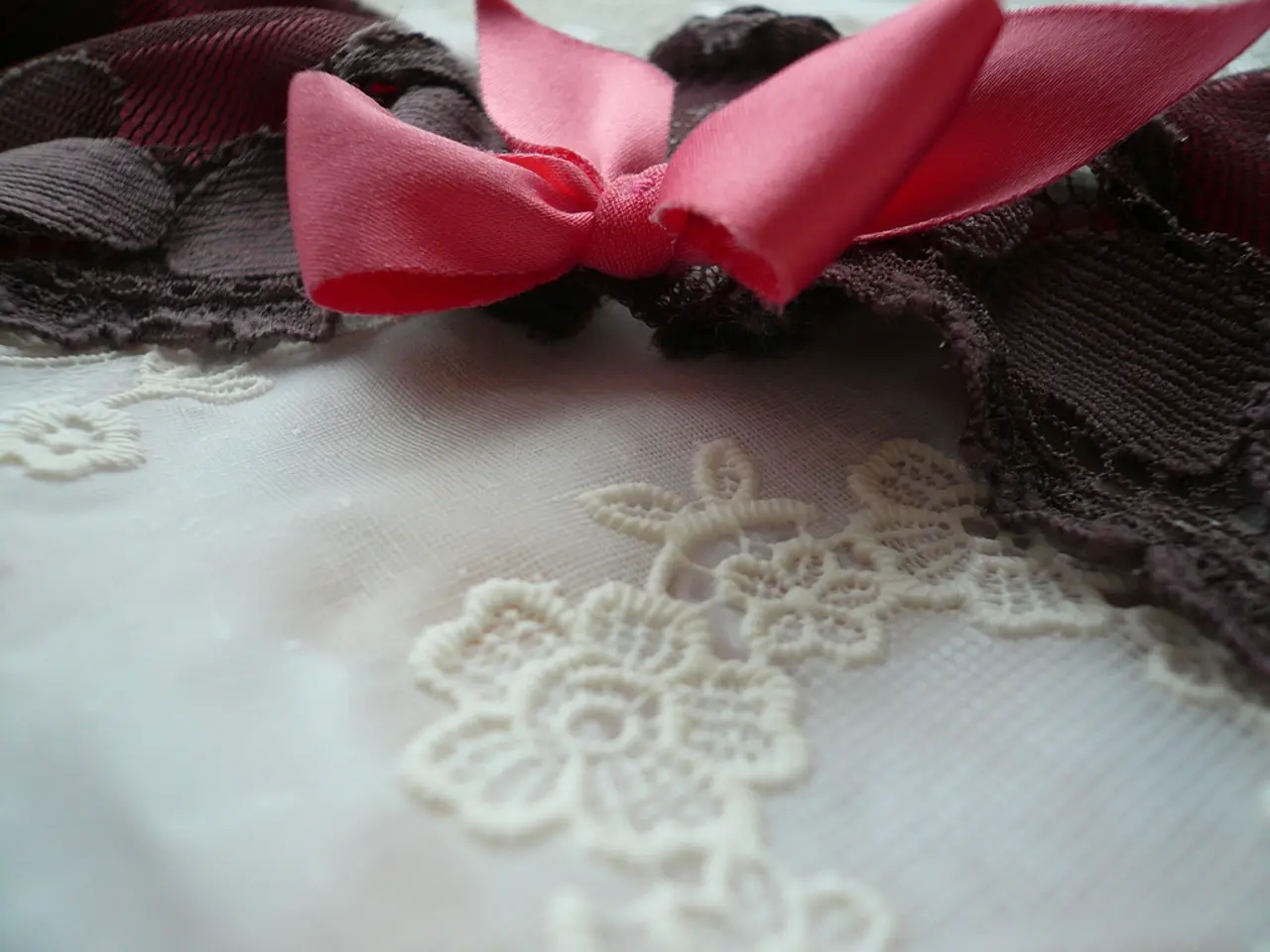Reviving the traditional practice of Indian cotton production, from seed to tailoring the cloth
The 'Weave the Future 2.0' exhibition, held at the National Crafts Museum in Delhi from August 7 to 17, 2025, showcases a collection of Indian textile brands that are focusing on regenerative materials, native textile practices, and ethical storytelling.
The exhibition, organized by DC Handlooms, champions traditional hand-spinning and hand-weaving techniques and promotes small-scale, home-based workshops that provide flexible livelihoods while supporting biodiversity and local self-reliance in cotton farming and textile production.
Some of the brands featured in the exhibition include Eka, Dhi Earth, Lafaani, re-ceremonial, KORA Collective, Khamir, and Varso. These brands are reviving indigenous cotton varieties such as Kala Cotton, Punasa Cotton, Konda patti Cotton, and Gavran Kapus Cotton, which are drought-resistant and support ecological balance.
Sonali Bhattacharya, founder of Love for the Loom, is researching pre-partition and post-partition motifs on garments to revive forgotten human artistry in fabrics. Rushabh Shah and Tanu Maheshwari from Charkha Ghar, Bhopal, exhibit eco-printed hand-spun plant-based fabrics that are expected to last longer.
Sonam Khetan's womenswear collection focuses on social and environmental issues, using sustainable fabrics and ancient craftsmanship. An installation at Khetan's exhibit captures disappearing sounds from nature on pieces of garment.
Shubhi Sachan, founder of the Material Library of India and curator of Weave the Future 2.0 exhibition, emphasizes the need to move beyond waste and recycling in textile production. Satish Poludas, founder of Kora Design Collaborative, Hyderabad, showcases 12 native varieties of cotton seeds at the exhibition.
Indira Varma, founder of Dhi Earth from Bengaluru, uses natural fabrics and organic dyes in contemporary 9-5 workwear for women. Komal Baldaniya, founder of Varso, offers trendy clothing items like jackets, tops, and co-ord sets made with Kala cotton and hand embroidery by the Meghwal community.
The Development Commissioner (Handlooms), Ministry of Textile has handpicked 30-odd brands for the 'Weave the Future 2.0' exhibition, moving forward from the first edition held during Bharat Tex this February, which showcased upcycled garments. Most exhibiting brands are still relying on pop-ups, exhibitions, Etsy, and Instagram to showcase their work.
Khetan gives credit to the workers by stitching their names on the cuffs of her garments. The Weave the Future 2.0 exhibition highlights traditional knowledge in a futuristic manner, starting from native cotton seeds and ending with weaving. Scaling the textile movement remains a challenge, but the exhibition is a step towards promoting sustainable and traditional textile practices in India.
- The Weave the Future 2.0 exhibition, held in Delhi from August 7 to 17, 2025, features various Indian brands that promote ethical storytelling and regenerative materials, which includes businesses focused on fashion-and-beauty, education-and-self-development, home-and-garden, and IT segments, using sustainable fabrics.
- Sonam Khetan's business, despite being a fashion-and-beauty brand, focuses on social and environmental issues, integrating technology to capture disappearing sounds from nature onto pieces of garment.
- Shubhi Sachan, the curator of Weave the Future 2.0, advocates moving beyond waste and recycling in textile production, emphasizing the importance of regenerative materials and native textile practices in business and stock markets.
- The Development Commissioner (Handlooms), Ministry of Textile, has also included subscription-based platforms like Etsy and Instagram in their promotion of traditional textile practices, facilitating small-scale, home-based workshops for flexibility and self-development.
- Komal Baldaniya, founder of Varso, combines traditional hand-embroidery by the Meghwal community with contemporary styles in fashion-and-beauty, showcasing the potential of native cotton varieties like Kala Cotton for lifestyle evolution.




